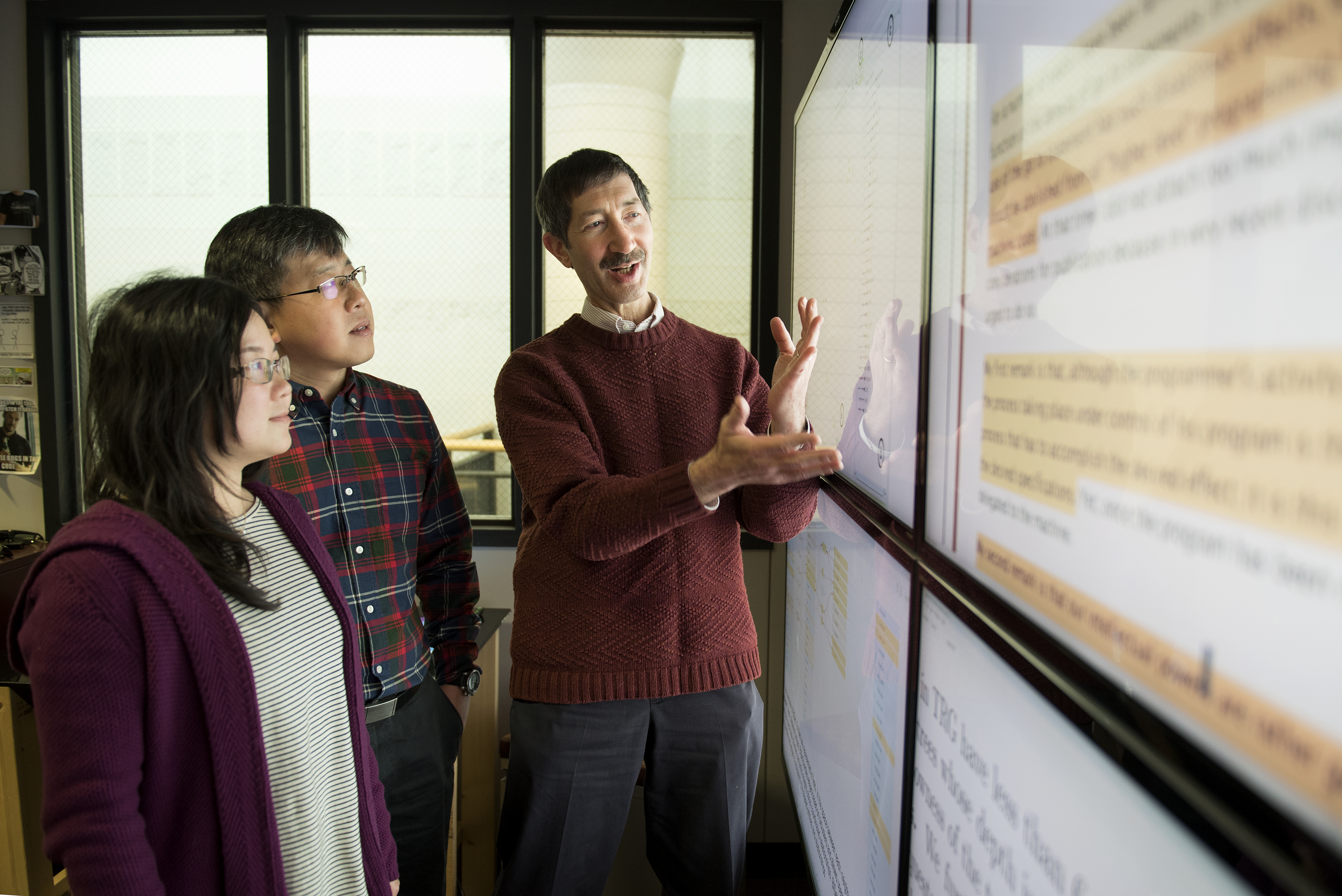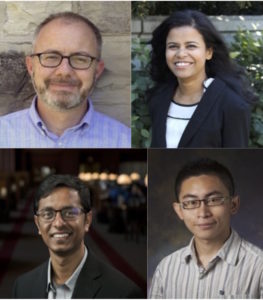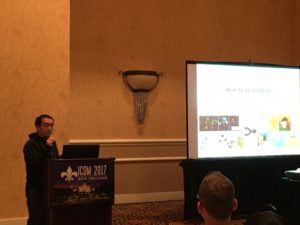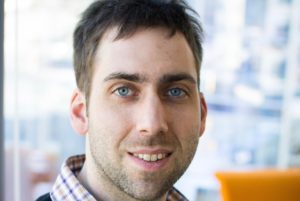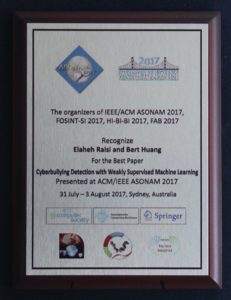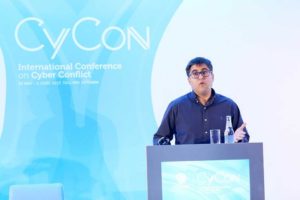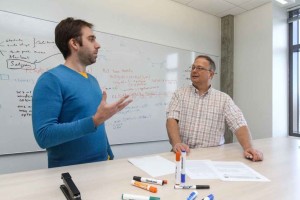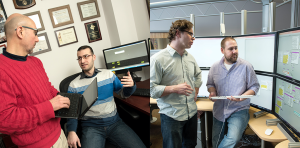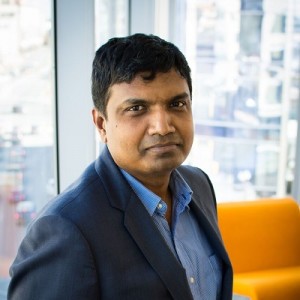NIPS Conference 2017 showcases work from DAC Ph.D. students
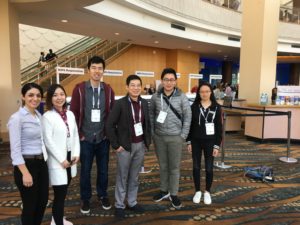
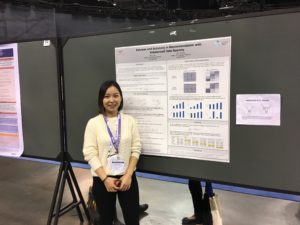
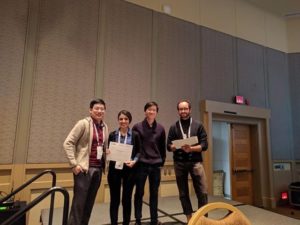
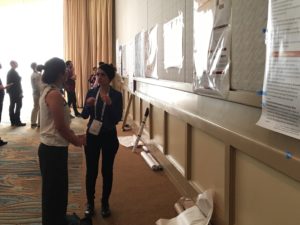
A group of Ph.D. students from the Discovery Analytics Center headed with their faculty advisors to Long Beach, California, last week to present papers and posters at the 2017 Conference on Neural Information Processing Systems (NIPS). One of the workshop papers was distinguished with a Best Paper Award and two of the students received NIPS Travel Awards.
2017 marks the 31st year for the international multi-track machine learning and computational neuroscience conference includes invited talks, demonstrations, symposia, and oral and poster presentations of refereed papers, and workshops.
